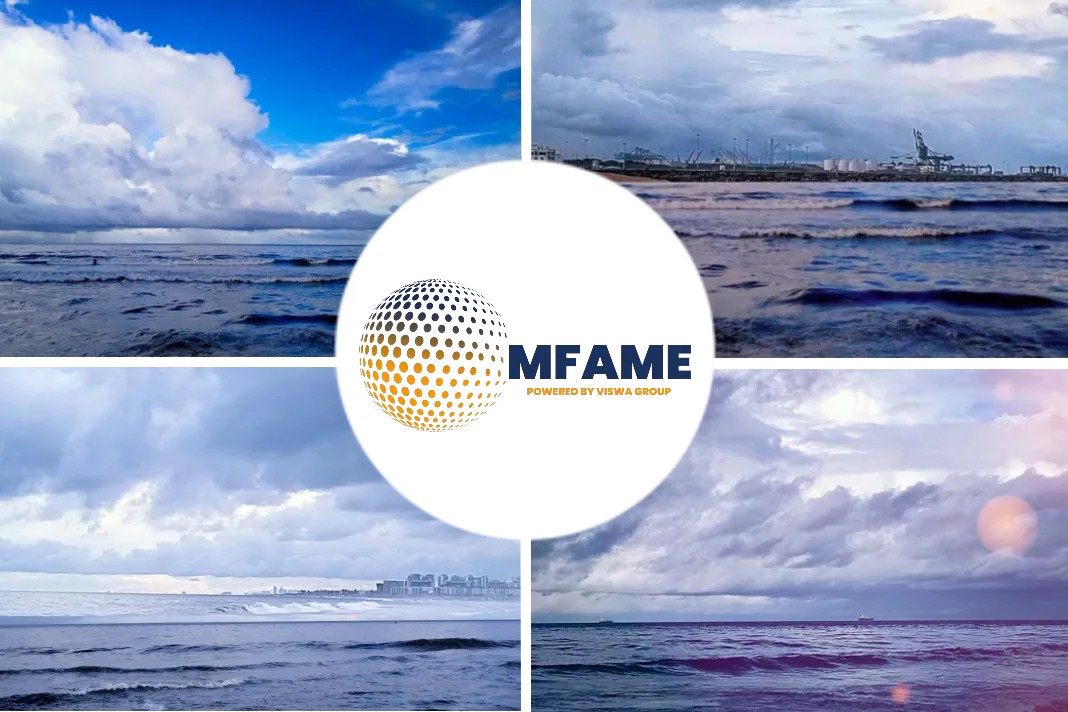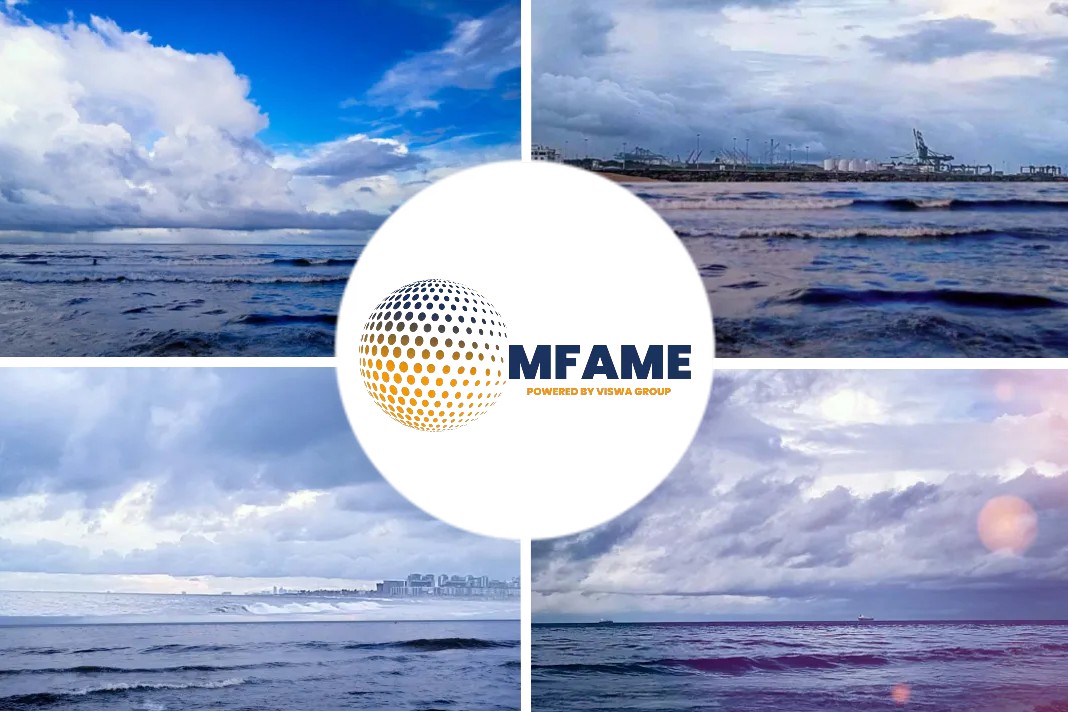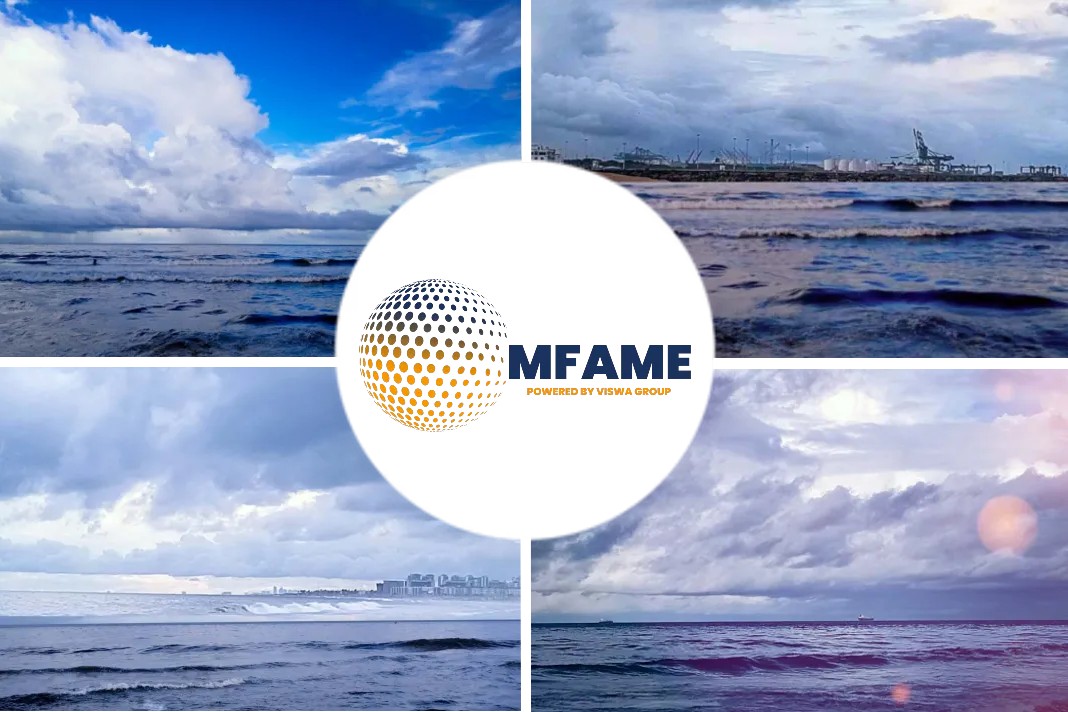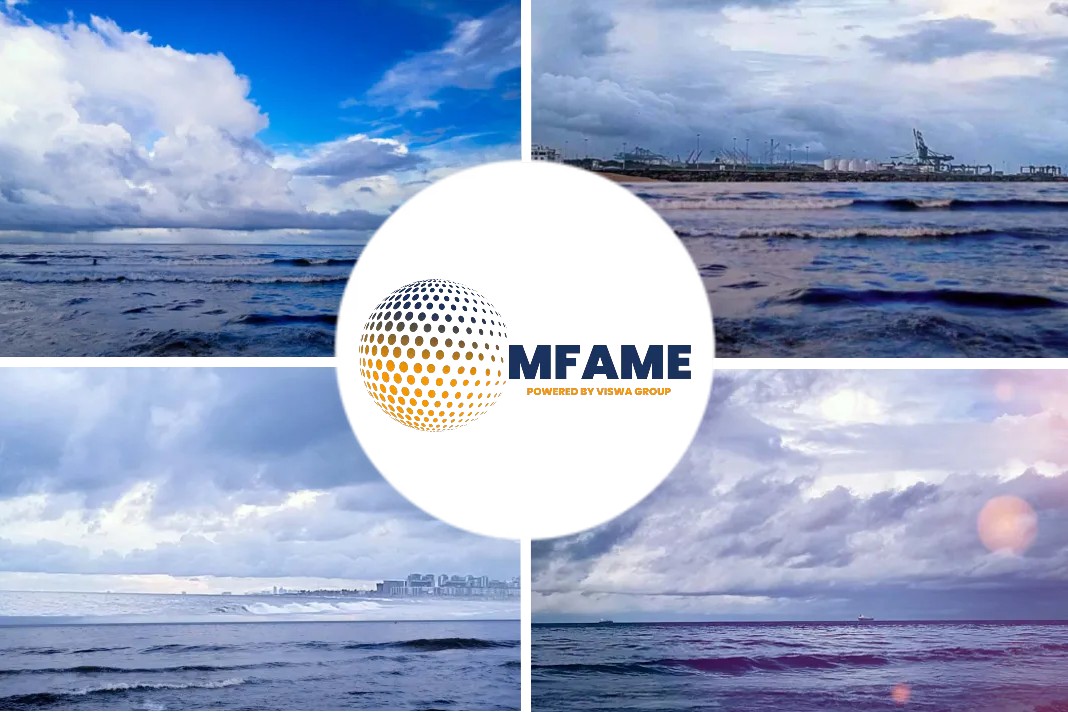
In a major development, Maersk CEO has forecasted a massive rebound in the next 2 months as the coronavirus outbreak peaks, reports Safety4Sea.
The company is ready for this rebound and has positioned itself to brace it, says CEO, Soren Skou
What is it?
Maersk’s CEO, Soren Skou, during an interview with Bloomberg Television’s Matthew Miller commented that
Over the last two and a half weeks we have seen a steady decline in the number of new cases and that is positive.
However, there are still many uncertainties in the industry. This is due to the fact that China’s impact on global supply is much bigger than it was during the SARS crisis in the past, keeping in mind that the whole globe is highly dependant on Chinese production.
Preparing for Uncertainties in China
The company has already cancelled more than 50 departures in China in the last two weeks, and they began their cancellation program after New Year’s. This year China has been closed for twice as long and they see a slow ramp up because workers are returning to their cities.
Concerning the container market, the container rates are following the seasonal path, as the rates increased during the Chinese New Year, and then they were decreased afterwards.
This is the natural pattern, nothing more than that.
Growth Expectation Forecast
- Maersk said it expects global sea-borne container growth to be 1-3% in 2020 compared with 1.4% in 2019.
- The company expects its own growth rate to be in line “or slightly lower” than the market. Yet, the carriers are following Maersk’s footsteps on cancelling sailings.
IMO 2020 Impact
Concerning IMO’s recently enforced 2020 sulphur cap, Soren Skou added that the company supports this sustainable goal, as “moving to a low sulphur fuel is a very positive step.”
Although the new fuel is more costly, the company said they’re trying to mitigate the cost and not impact their customers.
Concluding, the CEO noted that after New Year and January the prices have decreased. Yet, they are still higher than the HSF that they were burning, but the volatility has decreased.
Did you subscribe to our daily newsletter?
It’s Free! Click here to Subscribe!
Source: Safety4Sea














